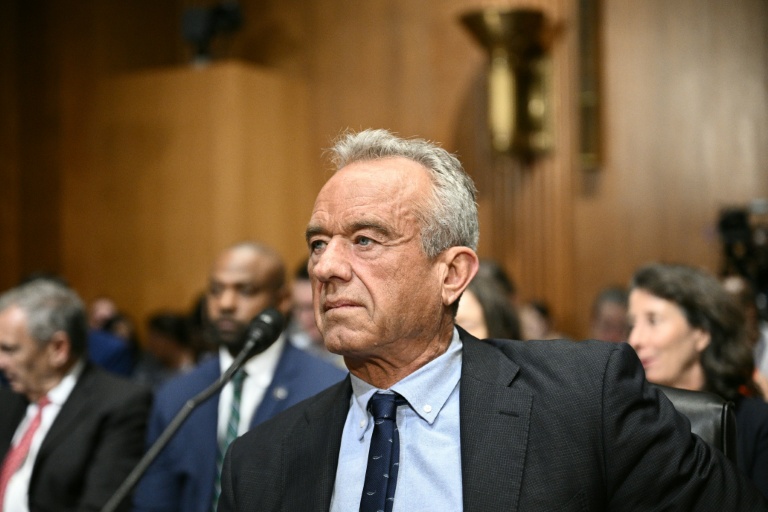A significant meeting of a US vaccine advisory panel is set to take place on October 5-6, 2023, in Atlanta, where members sympathetic to the anti-vaccine movement will evaluate federal immunization recommendations. The meeting, led by figures appointed by Robert F. Kennedy Jr., who has a history of promoting vaccine misinformation, could potentially alter the standard childhood vaccine schedule, raising concerns among public health experts about the implications of such changes.
The specific agenda for the two-day session is not publicly available, but discussions are anticipated to include proposals for delaying childhood vaccinations, notably for the highly contagious Hepatitis B. Deliberations will also cover the Covid-19 vaccine and the combination MMRV shot, which protects against measles, mumps, rubella, and varicella. Experts are particularly concerned about the small increase in the risk of febrile seizures associated with the combined MMRV vaccine.
Earlier this year, Kennedy dismissed all 17 members of the influential Advisory Committee on Immunization Practices (ACIP) and replaced them with individuals whose views align more closely with his skepticism of vaccines. This shift raises alarm among members of the medical and scientific communities, who fear the new committee’s decisions may prioritize ideology over established scientific evidence. Epidemiologist Syra Madad emphasized the potential consequences, stating, “Shifting the childhood vaccine schedule is like pulling bricks out of the foundation of public health.”
The implications of any revisions to the vaccination schedule could result in increased confusion and anxiety for parents regarding vaccine safety and efficacy. Additionally, altered recommendations could affect federal funding for vaccines targeted at low-income families and change requirements for private insurance coverage. Experts warn that such moves may lead to a fractured public health landscape across the United States.
The meeting occurs against a backdrop of controversy, particularly following the ousting of the former head of the US Centers for Disease Control and Prevention (CDC), who reportedly faced termination for refusing to endorse ACIP recommendations lacking scientific backing. This dismissal has prompted a wave of resignations within the CDC, further complicating the agency’s response to public health challenges.
In response to the evolving vaccine landscape, several Democratic-led states have proactively issued guidance recommending that residents receive both the Covid-19 and flu shots. These recommendations align with advice from national medical organizations, reflecting a commitment to ensuring public access to vaccinations. Madad remarked on these efforts, noting, “I am worried about the patchwork that it’s causing across the United States.”
As the October meeting approaches, the stakes remain high. With the potential to reshape vaccination protocols, the decisions made by this newly constituted advisory panel could have lasting repercussions for public health in the United States. The outcome may influence not only vaccination rates but also broader public trust in immunization practices, which have historically played a crucial role in enhancing life expectancy and overall health.






































































